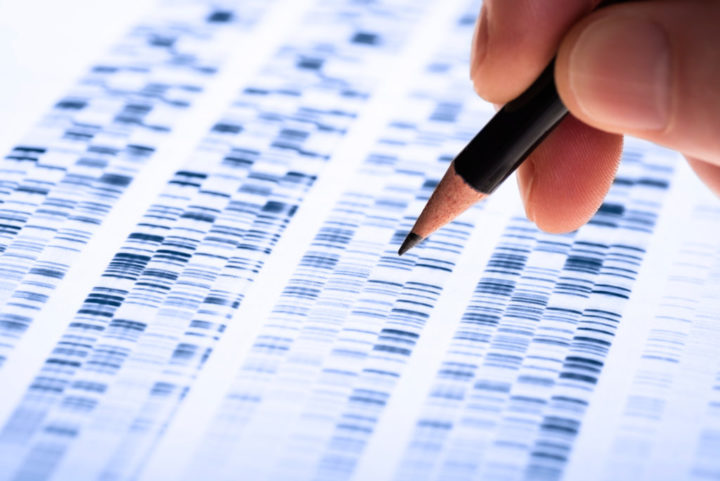The Orphan Drug Act was passed in 1983 to stimulate the development of therapeutics for rare diseases. With this came the Orphan Drug designation. This designation is granted to drugs or biologics intended to treat, prevent, or diagnose a rare disease or condition. “Rare” is defined as any condition affecting fewer than 200,000 Americans. As a benefit, the drug developer receives incentives such as fee waivers, tax credits, and seven years of market exclusivity upon approval. According to a news release from biotechnology company Omega Therapeutics, Inc., the company’s therapeutic candidate OTX-2002 recently received Orphan Drug designation for hepatocellular carcinoma (HCC).
OTX-2002 is a first-in-class Omega Epigenomic Controller™ and messenger RNA (mRNA) therapeutic that uses epigenetic modulation to downgrade the expression of MYC. MYC, a transcription factor, plays a role in regulating cell proliferation (spread), apoptosis (death), and differentiation. As a result, it can be implicated in a number of cancers, such as breast cancer, colorectal carcinoma, and prostate cancer. By downregulating MYC expression, OTX-2002 has the potential to stop the growth and spread of cancer cells. Learn more about MYC and its relationship to cancer.
Currently, Omega Therapeutics is evaluating OTX-2002 in the MYCHELANGELO I clinical study. They are looking to understand the safety and efficacy of the therapy both alone and in conjunction with other treatments.
Stay tuned for an interview with Omega Therapeutics’ President & CEO Mahesh Karande, where we discuss OTX-2002 and the trial in more detail.
What is Hepatocellular Carcinoma (HCC)?
Hepatocellular carcinoma (HCC), though rare, is the most common form of primary liver cancer. It occurs predominantly in individuals with liver disease and cirrhosis, though it can occur in those with no history of liver issues. Risk factors include having hepatitis B or C, obesity, diabetes, heavy alcohol consumption, and pre-existing liver diseases. In the cancer’s early stages, patients may be asymptomatic. However, as the cancer progresses, symptoms can (but do not always) include:
- Appetite loss
- Unintended weight loss
- Abdominal bloating or swelling
- Jaundice (yellowing of the skin, eyes, and mucous membranes)
- Pruritus (itchiness)
- Fatigue and general malaise
- Upper right abdominal pain, lump, or feeling of fullness
- Nausea and vomiting
- Pale stool and dark urine








